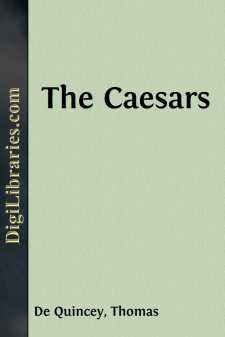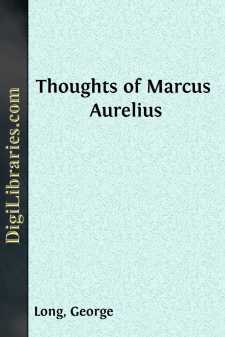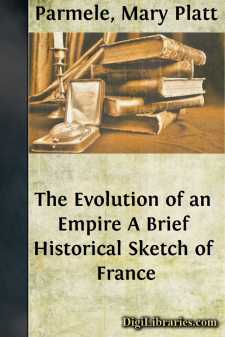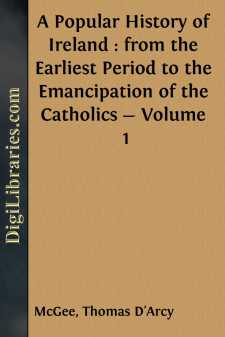Categories
- Antiques & Collectibles 13
- Architecture 36
- Art 48
- Bibles 22
- Biography & Autobiography 813
- Body, Mind & Spirit 142
- Business & Economics 28
- Children's Books 17
- Children's Fiction 14
- Computers 4
- Cooking 94
- Crafts & Hobbies 4
- Drama 346
- Education 46
- Family & Relationships 57
- Fiction 11829
- Games 19
- Gardening 17
- Health & Fitness 34
- History 1377
- House & Home 1
- Humor 147
- Juvenile Fiction 1873
- Juvenile Nonfiction 202
- Language Arts & Disciplines 88
- Law 16
- Literary Collections 686
- Literary Criticism 179
- Mathematics 13
- Medical 41
- Music 40
- Nature 179
- Non-Classifiable 1768
- Performing Arts 7
- Periodicals 1453
- Philosophy 64
- Photography 2
- Poetry 896
- Political Science 203
- Psychology 42
- Reference 154
- Religion 513
- Science 126
- Self-Help 84
- Social Science 81
- Sports & Recreation 34
- Study Aids 3
- Technology & Engineering 59
- Transportation 23
- Travel 463
- True Crime 29
The Story of Paris
Description:
Excerpt
In recasting Paris and its Story for issue in the "Mediæval Towns Series," opportunity has been taken of revising the whole and of adding a Second Part, wherein we have essayed the office of cicerone.
Obviously in so vast a range of study as that afforded by the city of Paris, compression and selection have been imperative: we have therefore limited our guidance to such routes and edifices as seemed to offer the more important objects of historic and artistic interest, excluding from our purview, with much regret, the works of contemporary artists. On the Louvre, as the richest Thesaurus of beautiful things in Europe, we have dwelt at some length and even so it has been possible only to deal broadly with its contents. A book has, however, this advantage over a corporeal guide; it can be curtly dismissed without fear of offence, when antipathy may impel the traveller to pass by, or sympathy invite him to linger over, the various objects indicated to his gaze. In a city where change is so constant and the housebreaker's pick so active, any work dealing with monuments of the past must needs soon become imperfect. Since the publication of Paris and its Story in the autumn of 1904, a picturesque group of old houses in the Rue de l'Arbre Sec, including the Hôtel des Mousquetaires, the traditional lodging of Dumas' d'Artagnan, has been swept away and a monstrous mass of engineering is now reared on its site: even as we write other demolitions of historic buildings are in progress. Care has, however, been taken to bring this little work up to date and our constant desire has been to render it useful to the inexperienced visitor to Paris. Success in so complicated and difficult a task can be but partial, and in this as in so many of life's aims "our wills," as good Sir Thomas Browne says, "must be our performances, and our intents make out our actions; otherwise our pious labours shall find anxiety in our graves and our best endeavours not hope, but fear, a resurrection."
It now remains to acknowledge our indebtedness to the following, among other authorities, which are here set down to obviate the necessity for repeated footnotes, and to indicate to readers who may desire to pursue the study of the history and art of Paris in more detail, some works among the enormous mass of literature on the subject that will repay perusal.
For the general history of France, the monumental Histoire de France now in course of publication, edited by E. Lavisse; Michelet's Histoire de France, Recits de l'Histoire de France, and Procès des Templiers; Victor Duruy, Histoire de France; the cheap and admirable selection of authorities in the seventeen volumes of the Histoire de France racontée par les Contemporains, edited by B. Zeller; Carl Faulmann, Illustrirte Geschichte der Buchdruckerkunst; the Chronicles of Gregory of Tours, Richer, Abbo, Joinville, Villani, Froissart, De Comines; Géographie Historique, by A. Guerard; Froude's essay on the Templars; Jeanne d'Arc, Maid of Orleans, by T. Douglas Murray; Paris sous Philip le Bel, edited by H. Geraud.
For the later Monarchy, the Revolutionary and Napoleonic periods, the Histories of Carlyle, Mignet, Michelet and Louis Blanc; the Origines de la France Contemporaine, by Taine; the Cambridge Modern History, Vol....












